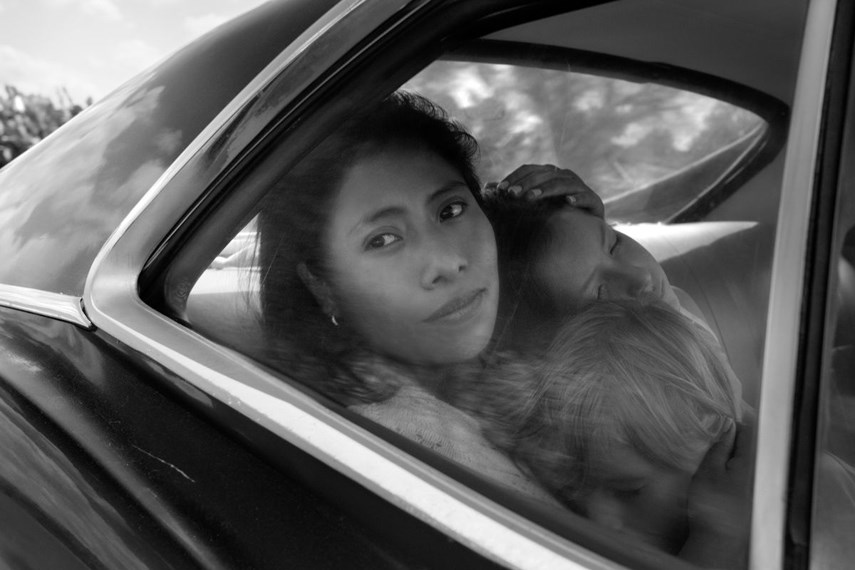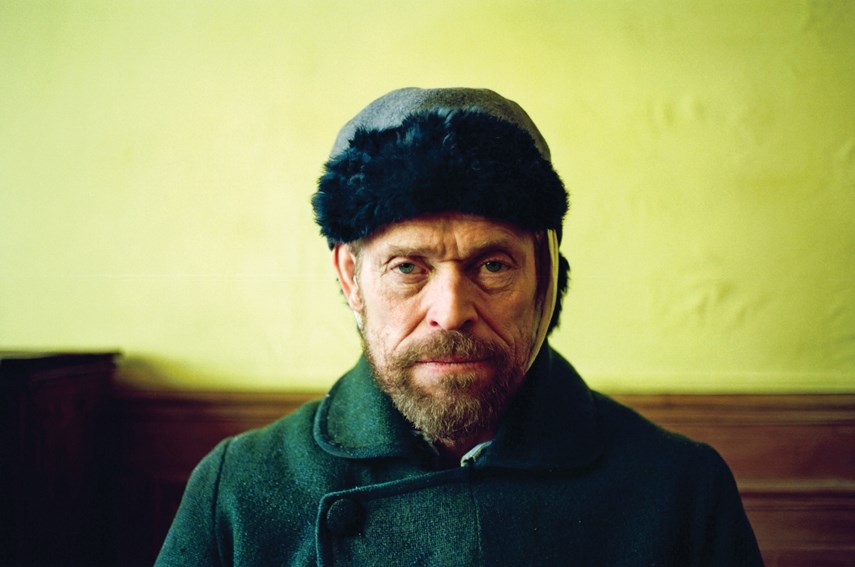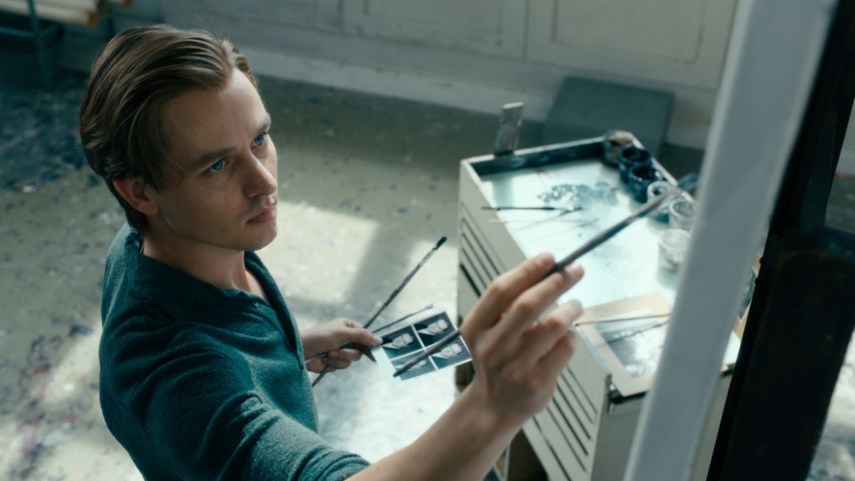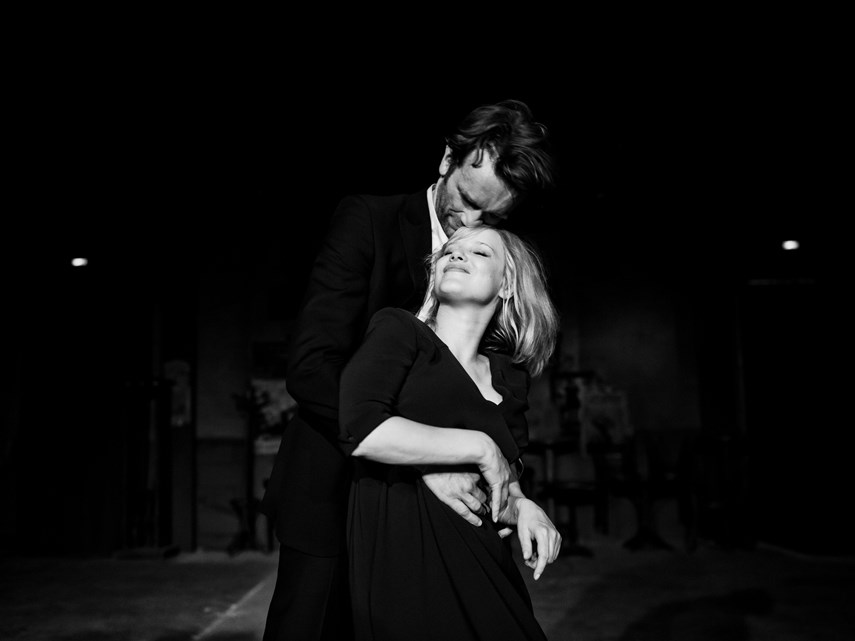Sure, you’ve seen Black Panther (“Wakanda forever!”) and you’re still singing that damnable “Shallow” song from A Star Is Born. But this year’s Oscar nominations are all over the map – literally – and that’s a good thing. Even the big-money categories of Best Picture, Best Actor and Best Director contain more obscure offerings that you might not have seen, so here are a few to watch before the red carpet rolls out on Sunday, Feb. 24.
COLD WAR
Pawel Pawlikowski is nominated in the Best Director category for his epic love story that begins just after the Second World War in Poland. The film was a favourite at VIFF.
It’s 1949 and a trio traveling by rickety van collects and records Polish folk songs and traditional dances around the war-ravaged countryside. Wiktor (Tomas Kot), the group’s pianist and conductor, then auditions young women and men to be part of a rigorous program designed to promote Polish culture around the country under the new communist rule. Pretty Zula (Joanna Kulig) is a standout, not only for her voice but for the pluck and the circumstances that drove her to audition: she is on parole for stabbing her father. “He mistook me for my mother,” she says dryly, “and I showed him the difference with a knife.” She adds, “Don’t worry, he didn’t die.”
The two fall passionately in love, the calm and rational Wiktor a perfect tonic for Zula’s more mercurial temperament. The troupe journeys to East Berlin, and there’s an opportunity for the lovers to defect to Paris; later scenes in Yugoslavia round out a portrait of a whole continent trying to rebuild and reacquaint themselves with their cultures in the decades after the war.
Capturing all is cinematographer Lukasz Zal, also nominated for an Academy Award; he shot the equally luminous Ida for Pawlikowski in 2013. Zal’s black and white cinematography is so beautiful that it will make you never want to see a movie in colour again. (It also made me want to burn every photograph I’ve ever taken and start from scratch.)
The love story between Zula and Wiktor is real, bleak and beauteous, one of the best seen onscreen in years. Don’t miss it.

ROMA
If subtitled films haven’t historically been your thing, now might be the year to get over it: with Alfonso Cuaron’s Roma in contention in both the Best Picture and Foreign Language Film categories, some history could be made on Oscar night.
It’s not the first foreign-Language film to be nominated for Best Picture; that distinction goes to Jean Renoir’s The Grand Illusion, back in 1939. Several other films have doubled up in the Foreign language and Best Picture categories over the years: Costa-Gavras’ Algerian-French production Z in 1969; Swedish film The Emigrants (starring a young Max von Sydow) in 1972; 1999’s Life Is Beautiful (directed by and starring larger-than-life Roberto Benigni); Ang Lee’s Crouching Tiger, Hidden Dragon in 2000; and Michael Haneke’s Amour in 2012.
Roma is, however, the first film offered on a streaming service to receive an Oscar nomination. And Roma is up for 10 awards, a huge coup for Netflix.
The story is set in a Mexico City suburb in 1971, during a pivotal time in Cuaron’s childhood. The heart of the film is Cleo (first-time actress Yalitza Aparicio), the nanny who cares for this boisterous, occasionally dysfunctional family. Aparicio’s Best Actress nomination marks the first time in 14 years that a Latina has been up for the award.

AT ETERNITY’S GATE
Julian Schnabel paints an intimate portrait of Vincent van Gogh by frequently getting inches away from Best Actor nominee Willem Dafoe, who plays the tortured painter. Vincent takes Paul Gaugin’s (Oscar Isaac) advice to head south, and spends his final few years in Arles, France. “I’d like to find a new light, for paintings we haven’t yet seen, bright paintings painted in sunlight.”
The vistas are unexpectedly varied, and Vincent spends a great deal of time tramping through them, or lying down in the middle of them, taking it all in. The film is populated by the people and natural surroundings that were the subjects of his later works. The dialogue is scant and direct, much of it taken from biographies and van Gogh’s own letters.
“I don’t remember anything except the darkness and anxiety,” Vincent confesses to his beloved brother Theo (Rupert Friend). His terrifying vision of the world means multiple stays in hospitals and asylums, with little relief in between. But, he says, “a grain of madness is the best of art.”
Schnabel, himself a painter, captures much of the process and mechanics of painting. (Van Gogh’s A Pair Of Shoes receives particular attention and was something of a revelation for this non-artist.)
Dafoe is convincing in the role, despite being much older than van Gogh was when he died. At Eternity’s Gate is often moody and despairing, but has much to say about the transgressive purpose of artists. A sure treat for anyone who’s ever picked up a brush.

NEVER LOOK AWAY
You’ll have to be quick to see this double Oscar nominee: the film opens in Vancouver two days before the Oscar ceremony.
Never Look Away is from German writer/director Florian Henckel von Donnersmarck, who won an Academy Award for 2006’s The Lives of Others. The suspenseful drama is inspired by the life and work of German artist Gerhard Richter, beginning in pre-war Nazi Germany and spanning the division of East and West Germany.
Young art student Kurt (Tom Schilling) is haunted by memories of the war, is dissatisfied with the direction of his art, and is desperately in love with fellow student Ellie (Paula Beer). Her father, Professor Seeband (Sebastian Koch), disapproves – to say the least – of his daughter’s choice: “This is not the genetic material I want for our descendants.” The lovers don’t realize that their lives are already connected through a terrible crime that Seeband committed decades previous.
The film is in German with English subtitles and is up for Best Achievement in Cinematography (Caleb Deschanel, nominated for the sixth time) and Best Foreign Language Film.



